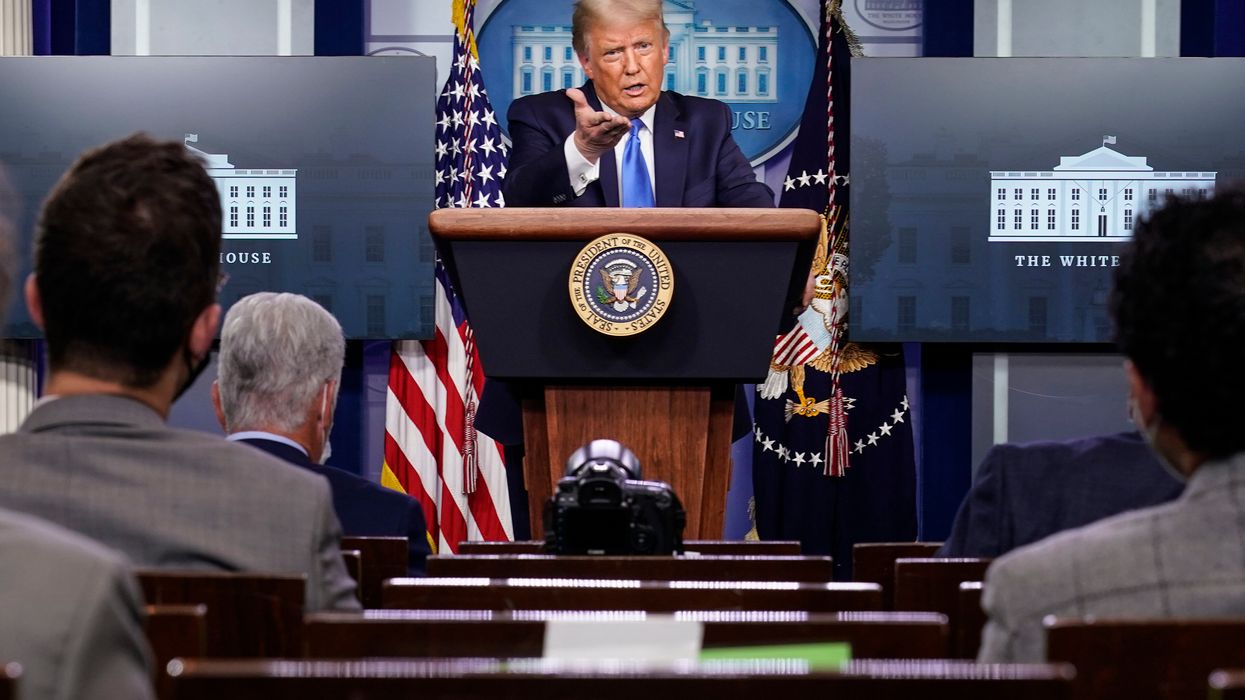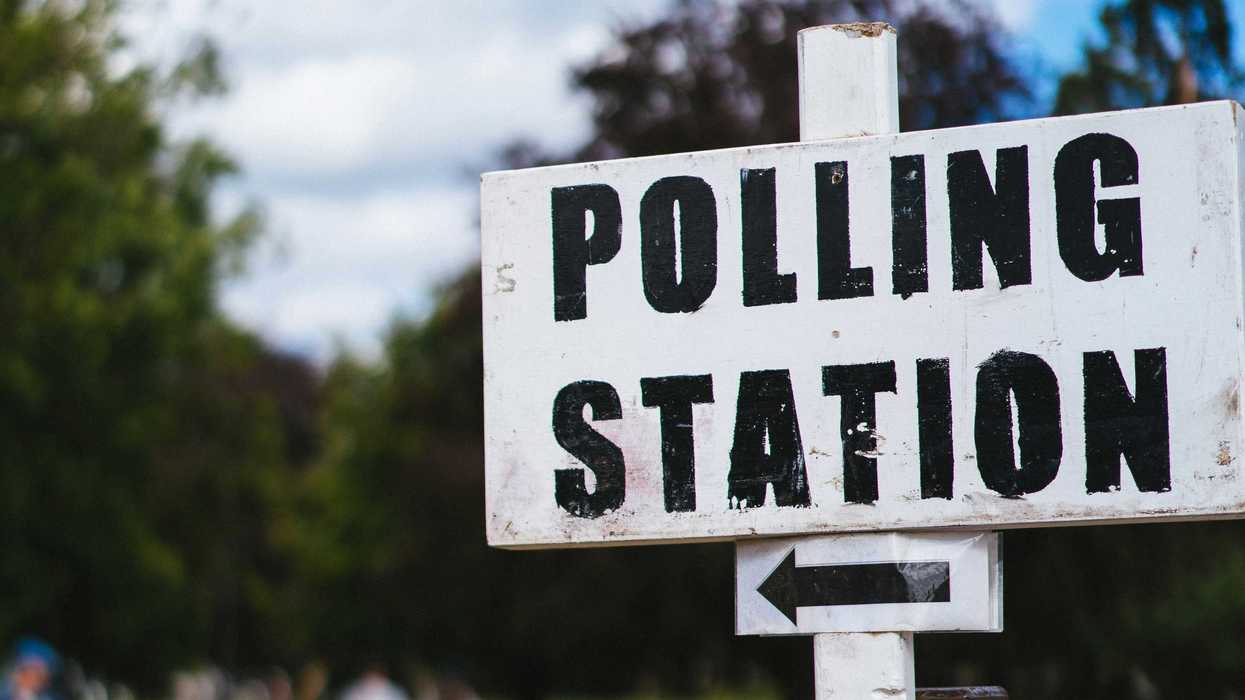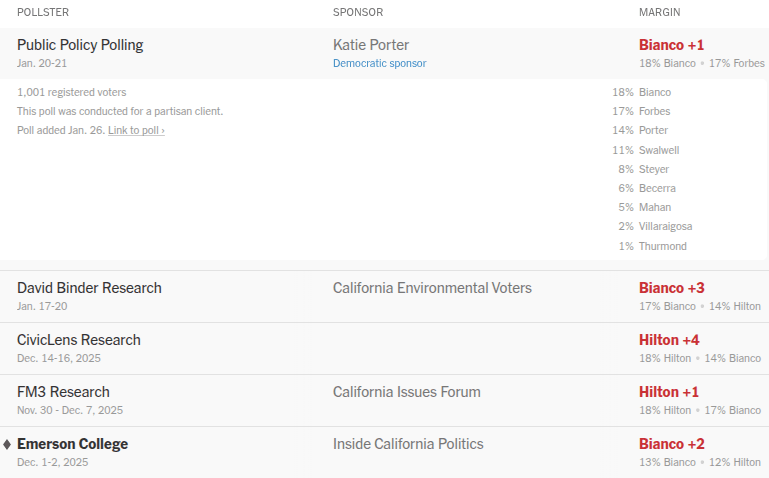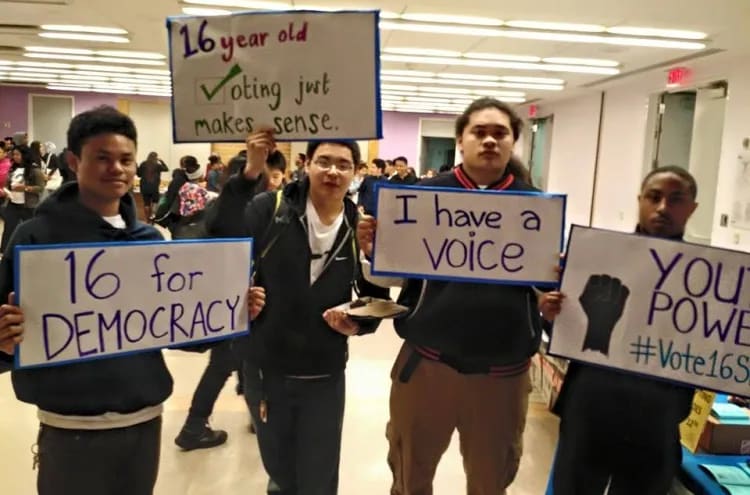"And if foreign countries want to, this is an easy system to break into because they'll do counterfeit ballots. They'll do counterfeit ballots by the millions. So when you talk about China, Russia, North Korea, Iran, all the countries you talk about, that's peanuts — that's all peanuts compared to this. But this is their opening, because they can use nice, cheap ballots, and they can send them out, counterfeit them, and just send them in. This is a disaster, and they should stop it before it's too late." — President Trump speaking to a Sept. 23, 2020, press conference
On Wednesday, President Trump gave remarks to the press during a discussion with state attorneys general and said foreign countries could send counterfeit ballots to the United States. The president made similar claims in June when he tweeted, "RIGGED 2020 ELECTION: MILLIONS OF MAIL-IN BALLOTS WILL BE PRINTED BY FOREIGN COUNTRIES, AND OTHERS. IT WILL BE THE SCANDAL OF OUR TIMES!" U.S. Attorney General William Barr echoed Trump's claims about foreign interference earlier this month saying, "Foreign intelligence services are very able. They can counterfeit currency and they have a lot of capacity. And I don't think counterfeiting a state ballot is particularly challenging for them if they wanted to do it."
Lawrence Norden, director of the Election Reform Program for the Brennan Center for Justice at the New York School of Law, told USA Today, "forging mail ballots is not a serious threat." Norden explained that because local authorities collect returned ballots in secrecy envelopes, which in many states are bar-coded with unique identifiers to the voter, it would be impractical. Many states require voters to provide personal information like the last four digits of a voter's Social Security number or the voter's signature. A forged ballot would also require meeting the specifications to be read by the voting machines in that jurisdiction. "In other words, there are security measures in place that make the kind of scheme he's imagining impossible," Norden said. Also the ballots are printed on paper, making it easier to conduct a recount if necessary.





















